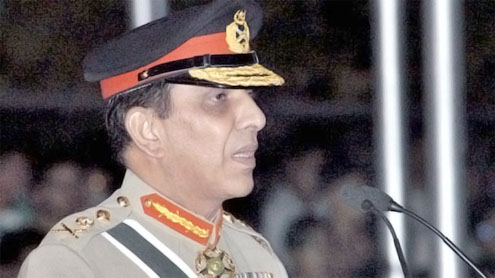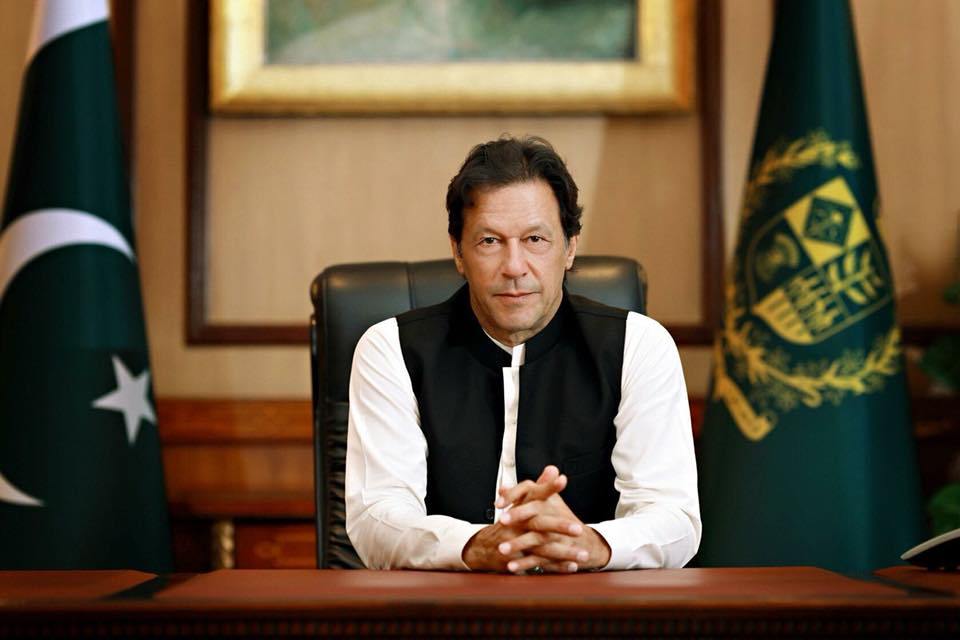 It was General Kayani‘s strong warnings that prevented Nato strikes into Pakistani territory, claims the military. This is a cause for celebration.
It was General Kayani‘s strong warnings that prevented Nato strikes into Pakistani territory, claims the military. This is a cause for celebration.
For it seems that the western forces in Afghanistan take heed to the Pakistani military chief’s warnings. This would, in turn, present a solution to the drone strikes, the latest of which we saw in the Datakhel area in North Waziristan on Monday. All the army chief has to do to stop them is to protest. Taking credit for one development means taking responsibility and blame for another.
There is, clearly, a lack of objective standards with which the military’s performance is to be evaluated. A pick-and-choose approach doesn’t hold water in any other government department, why should it here?
Much confusion persists, as always, on the role of the military. The military’s top spymaster, for instance, reportedly, met with former president Pervez Musharraf in Dubai the other day. Under what mandate did this meeting take place? The chief of an organisation that is tasked with counter-intelligence should not be going about liaising with political figures. If he can meet with the latter, then nothing much could be found wrong with the spy chief’s meeting with US national Mansoor Ijaz in London. It seems that the agency’s penchant for “political management” (as a former spy chief called it) has not ended.
A recent report by the Human Rights Watch bemoans the encroachment on civil institutions by the military. The report highlights the threats to journalists and political activists in Balochistan and the tribal areas in particular and the rest of the country in general and points to the general malaise regarding the intelligence agencies regarding them.But since the HRW report also lashes out at the US for its policy of drone strikes, we know what part of the report the establishment will pick and choose to publicise. -Khaleejnews












